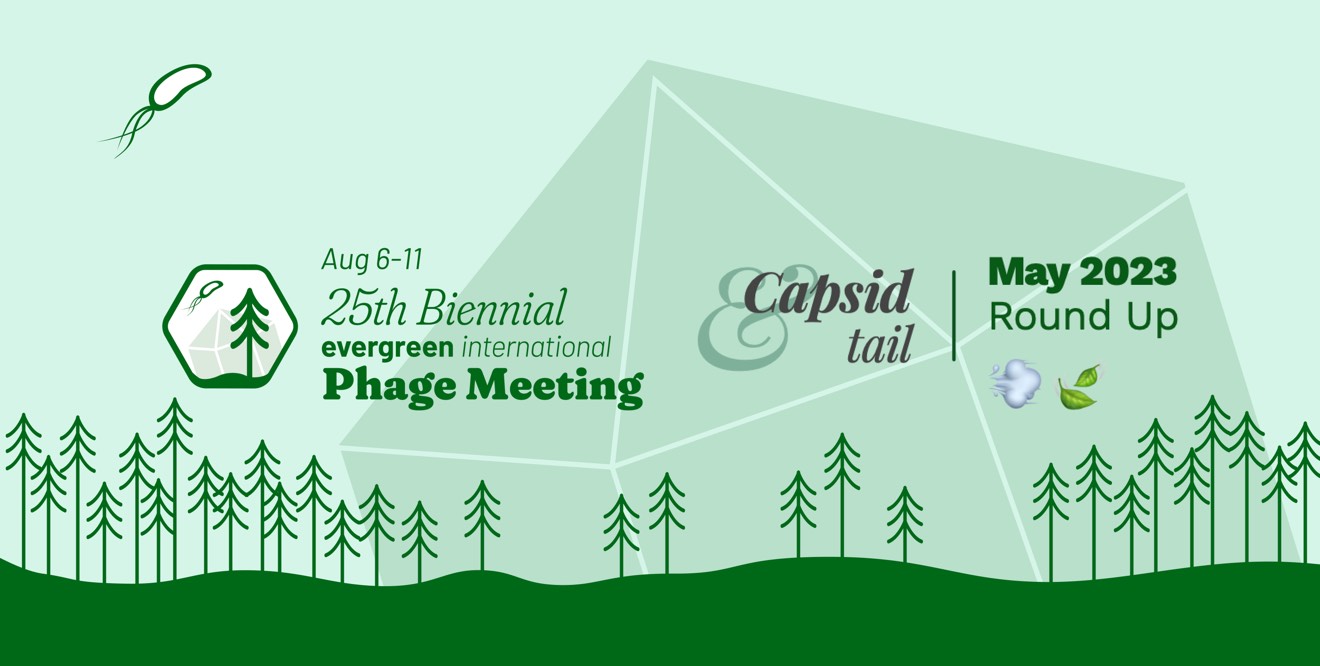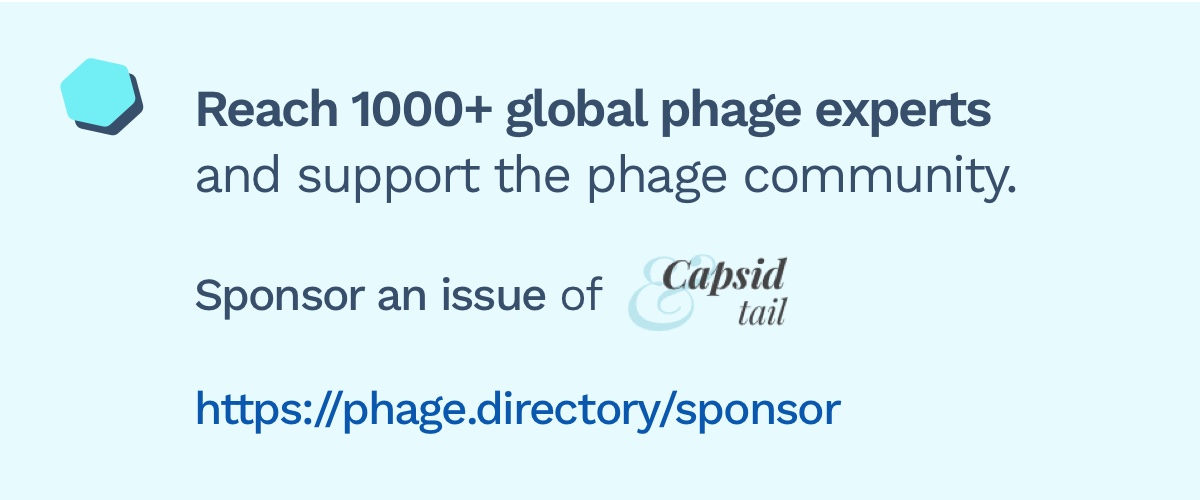Time marches on, and another month has gone by! This month we launched the new Evergreen Phage Meeting site, and we’re currently planning the meeting’s events, talks and workshops. There’s a TON going on, and I can’t wait! There’s also a new hot phage podcast on the block I’ve been listening to on my runs. And we’ve been working a lot with data, and I’m excited to share a sliver of what I’ve been working on.
There’s so much excitement around handling phage, bacteria, and biobank data (both from collecting experiment data to clinical to workflow and process data), and we’ve been throwing the power and might of ChatGPT on it. This episode of the Data series is the last “fundamental” article I’ll be writing — this was a way for me to get my thoughts clear, but also a few articles I could point to in case I start throwing too much technical jargon around. The next Data episodes will go into some of the wilder experiments I’ve been working on for Phage Australia’s data management system, and both Jessica and I will share many tutorials on how to use ChatGPT programmatically to help you make sense of and sort your data. But for now, this is what we’ve published this month:
by David Saéz, Maria Sequeira Lopes, and Alexandre Ferreira Lima
David Saéz, Maria Lopes, and Alexandre Lima from Dr. Azeredo’s lab in Portugal introduced us to a new phage podcast: PhageCast. PhageCast offers interviews with phage researchers, unveils the latest discoveries, and shares valuable career advice. With this podcast, they aim to provide a combo of new phage papers and personal insights into the world of Academia.
by Jan Zheng and Jessica Sacher
Evergreen Phage Meeting just turned 50! This (possibly last-ever) Evergreen celebrates the legacy of Dr. Betty Kutter, who has made significant contributions to the phage community. Jess and I share some memories of Evergreen, our favorite Phage conference (as it’s more than just a “science conference” — it’s Science Camp!). Some great memories include beach walks, dance nights, and salmon bakes. Since we wrote the post, we’ve had FOUR phage community members confirm workshops they’ll be hosting at the conference this year. We’ve also secretly extended the Early Bird deadline with out telling Ria… so sign up before I’m forced to turn it off 😎
by Jan Zheng
In this post, I discussed the benefits of working with databases compared to spreadsheets, emphasizing their ability to create relationships between data. I provided an example using Airtable to demonstrate the power of databases, and explained how tables of data can be connected through relationships. I also highlighted the advantages and limitations of databases, such as their ability to track and analyze data, but difficulty in handling certain types of information and tracking changes over time.
C&T Throwback!
I asked ChatGPT to give me a random number to use for C&T Throwback. Here it is… Episode 173. It’s a Roundup from last April… where we talked about How to organize your biobank data (how apt… I should probably re-read what I wrote from a year ago), and another article covering the state of phage therapy from Phage Futures 2021.







